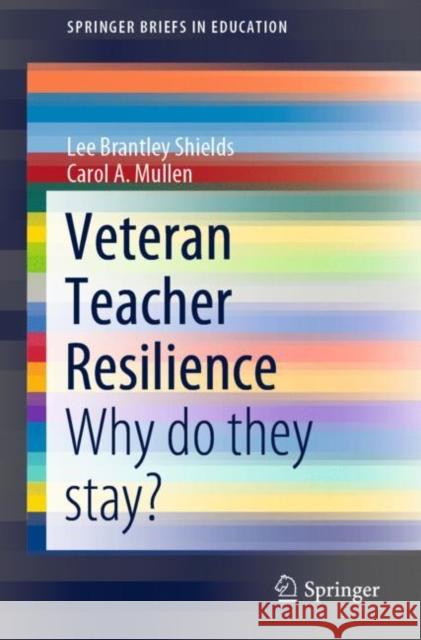Veteran Teacher Resilience: Why Do They Stay? » książka
topmenu
Veteran Teacher Resilience: Why Do They Stay?
ISBN-13: 9783030539177 / Angielski / Miękka / 2020 / 107 str.
Kategorie:
Kategorie BISAC:
Wydawca:
Springer
Seria wydawnicza:
Język:
Angielski
ISBN-13:
9783030539177
Rok wydania:
2020
Wydanie:
2020
Numer serii:
000418478
Ilość stron:
107
Waga:
0.19 kg
Wymiary:
23.39 x 15.6 x 0.69
Oprawa:
Miękka
Wolumenów:
01
Dodatkowe informacje:
Wydanie ilustrowane











